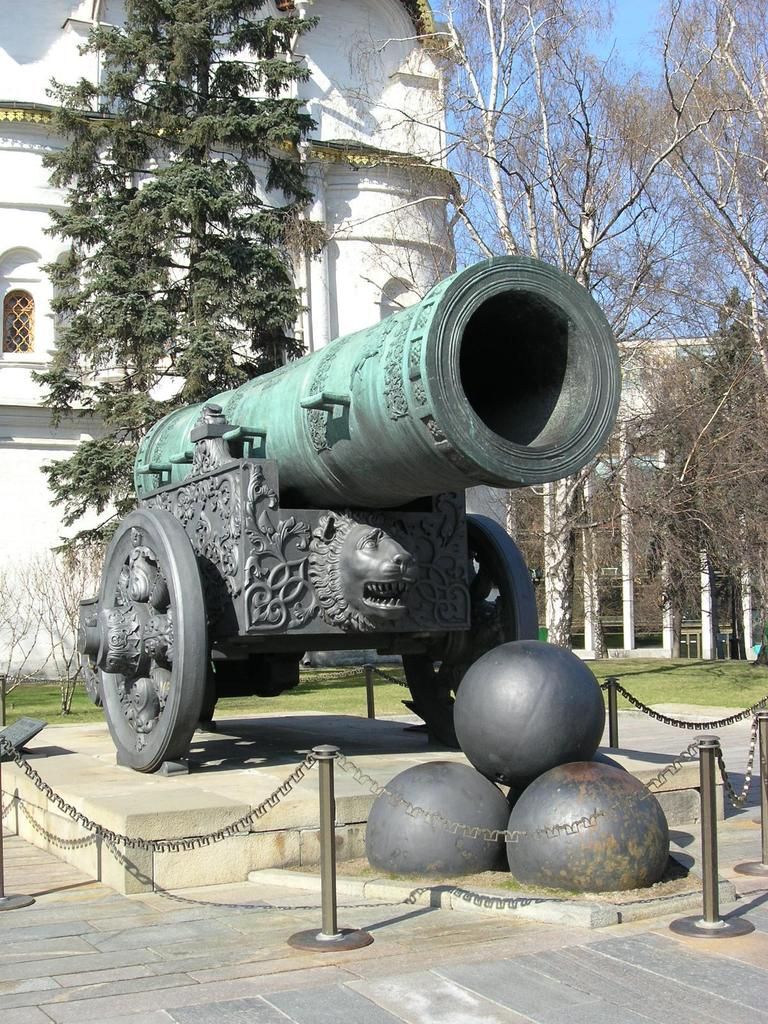Russia Plans to Initiate Car Manufacturing with Government Backing by 2025
2025: Unleashing Local Car Production in Russia
Brace yourself, folks! Russia's automobile landscape is about to undergo a significant transformation by the end of 2025. Preparations for the launch of car production that meet localization requirements are in the final stretch, according to Russia's First Deputy Prime Minister Denis Manturov, as reported by TASS.
The action will unfold across two production sites in Kaluga and St. Petersburg. But it's been a bumpy ride as market and production challenges have forced some serious contraction and adjustments, as detailed below.
Scaling Down, But Ready to Adjust
Russian vehicle stalwart, AvtoVAZ, has slashed its production target for 2025, aiming for approximately 400,000 vehicles, a 20% reduction from earlier projections. This move is largely due to the nosedive in sales and demand.
Run-of-the-mill new car sales in Russia are expected to nosedive by a whopping 25-30% in 2025, with sales projected to hover around 1.3 million units. Domestic production within this climate is estimated to range between 700,000 and 800,000 units, implying that domestic plants, including AvtoVAZ, may maintain production volumes similar to 2024 levels while remaining agile to cater to market demand.
However, new car production has experienced a dramatic downturn compared to pre-conflict levels. In Q1 2025 alone, production plummeted 63% compared to 2021 levels. Despite these challenging conditions, the Russian vehicle market produced close to 600,000 units in 2024, a stark contrast to the over 1.5 million units in 2021.
Troubled Legacy, New Challenges
AvtoVAZ, Moskvich, Solaris, and UAZ brands continue to struggle with falling sales and limited capacity utilization. Foreign manufacturers like Renault, Volkswagen, Toyota, Nissan, Mercedes-Benz, BMW, and General Motors have largely bowed out, stripping the domestic industry of crucial supply chains and technological backing.
Preferential Programs: A Fighting Chance
Despite the government's past attempts at import substitution and input from state subsidies, the sector remains in dire straits due to the impact of sanctions and supply chain disruptions. However, the Ministry of Industry and Trade is managing production volumes to maintain stability in the domestic market under these intense conditions.
To stimulate demand in 2025, authorities have allotted 63 billion rubles. Preferential auto loan programs and leasing will receive 36 billion rubles, while the remaining 27 billion will go towards promoting preferential auto loans for Russian electric vehicles and hybrids, which buyers can purchase at a 35% discount, up to 925,000 rubles. Families with two or more children will receive an additional 10% discount on car purchases.
Moreover, special conditions have been established for participants in the special military operation who have been injured. Such individuals will enjoy a 40% discount on cars with hand controls. This offer will also be available to medical workers, educational institution employees, SMO participants, people with disabilities, families with children, and residents in the Far Eastern Federal District, providing far-reaching benefits.
The industry-wide adjustments in the Russian automotive sector extend to the financial realm, as AvtoVAZ ascribes its reduced production target of 400,000 vehicles in 2025 to a decrease in sales and demand, consequently impacting the finance industry. Amidst this transformation, the government incentivizes the purchase of electric vehicles and hybrids, seeking to stimulate demand in the transportation sector through preferential loans and subsidies.
Despite the troubled past of domestic brands like AvtoVAZ, Moskvich, Solaris, and UAZ, and the withdrawal of foreign manufacturers, the Russian government has initiated preferential programs, providing a potential lifeline to the challenged automotive sector and the broader transportation industry in the face of ongoing challenges.




